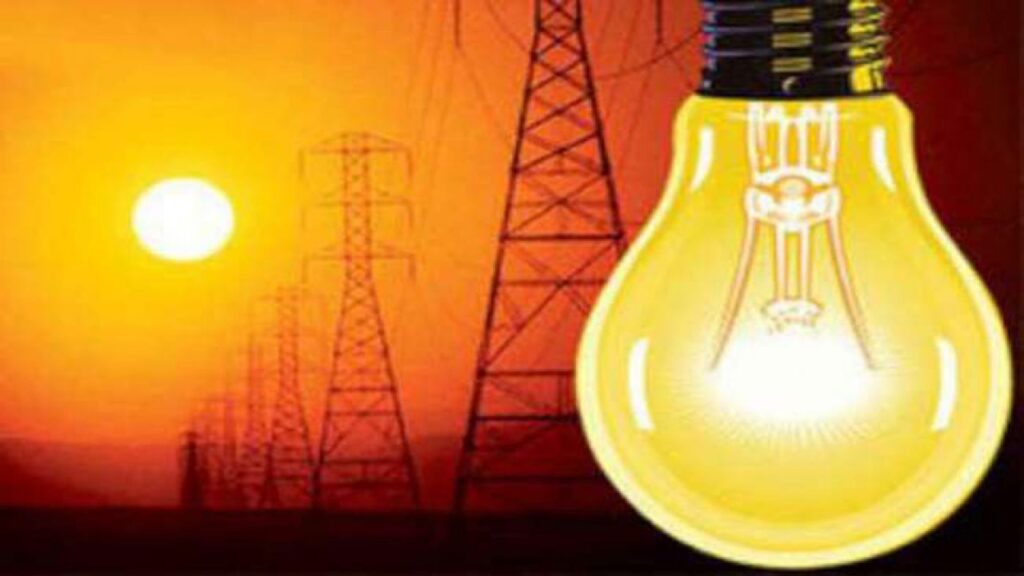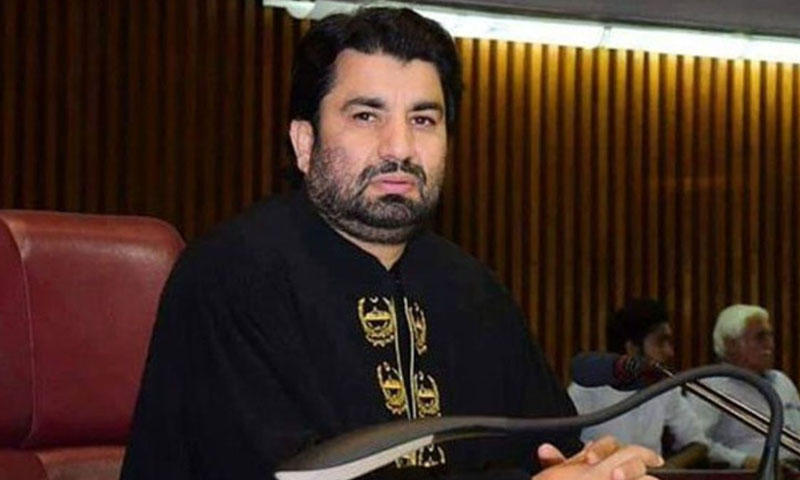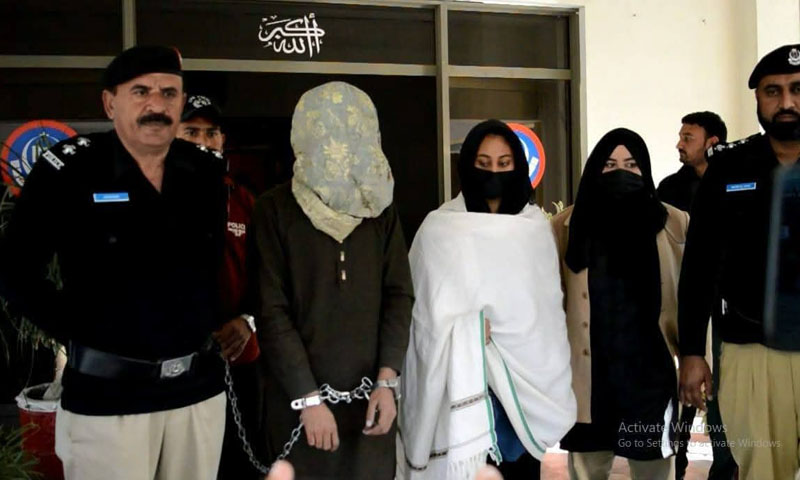- Web Desk
- Feb 09, 2026
Lahore sizzles: LESCO power shortfall reaches 109 MW
-

- Web Desk
- Jun 10, 2025

LAHORE: The power shortfall in the Lahore Electric Supply Company (LESCO) region has reached 109 megawatts, while today’s temperature in Lahore has soared above 45°C, leaving citizens struggling with both extreme heat and frequent power cuts.
According to LESCO officials, electricity demand in Lahore and surrounding areas has reached 2,900 megawatts, while the National Grid is supplying only 2,791 megawatts giving rise to shortfall.
Officials said load shedding of three to four hours is being carried out on high-loss feeders in order to balance the system.
Citizens have complained that the rising heat has made daily life difficult, and continuous power outages are adding to their woes.
The Met Department has warned that temperatures are expected to rise further in the coming days.
The ongoing heatwave in Punjab is expected to continue until June 12, with temperatures staying 4 to 7 degrees Celsius above normal, according to a spokesperson for the Provincial Disaster Management Authority (PDMA).
Mercury remains high, as offices, markets reopen after Eid
Sargodha remained the hottest city in Punjab, where temperatures soared to 47°C. Other major cities — including Lahore, Multan, and Faisalabad also experienced extreme heat, recording highs of 45°C. In Balochistan, Sibi matched that figure at 45°C.
PDMA officials warned that the heatwave will be especially intense in Bahawalpur, Rahim Yar Khan, Dera Ghazi Khan, and Multan.
HEATWAVE RESPONSE IN MOTION
PDMA Punjab DG Irfan Ali Kathia said that heatwave counters have been set up at all hospitals, while clean drinking water is being supplied across the Cholistan region.
He added that, following Chief Minister Maryam Nawaz’s instructions, all concerned departments are on high alert to deal with any heat-related emergencies.
The Meteorological Department has advised people, particularly children, the elderly, and women, to avoid sun exposure and stay hydrated.
“Drink water frequently and avoid going out during peak heat hours,” said a spokesperson for the department.




